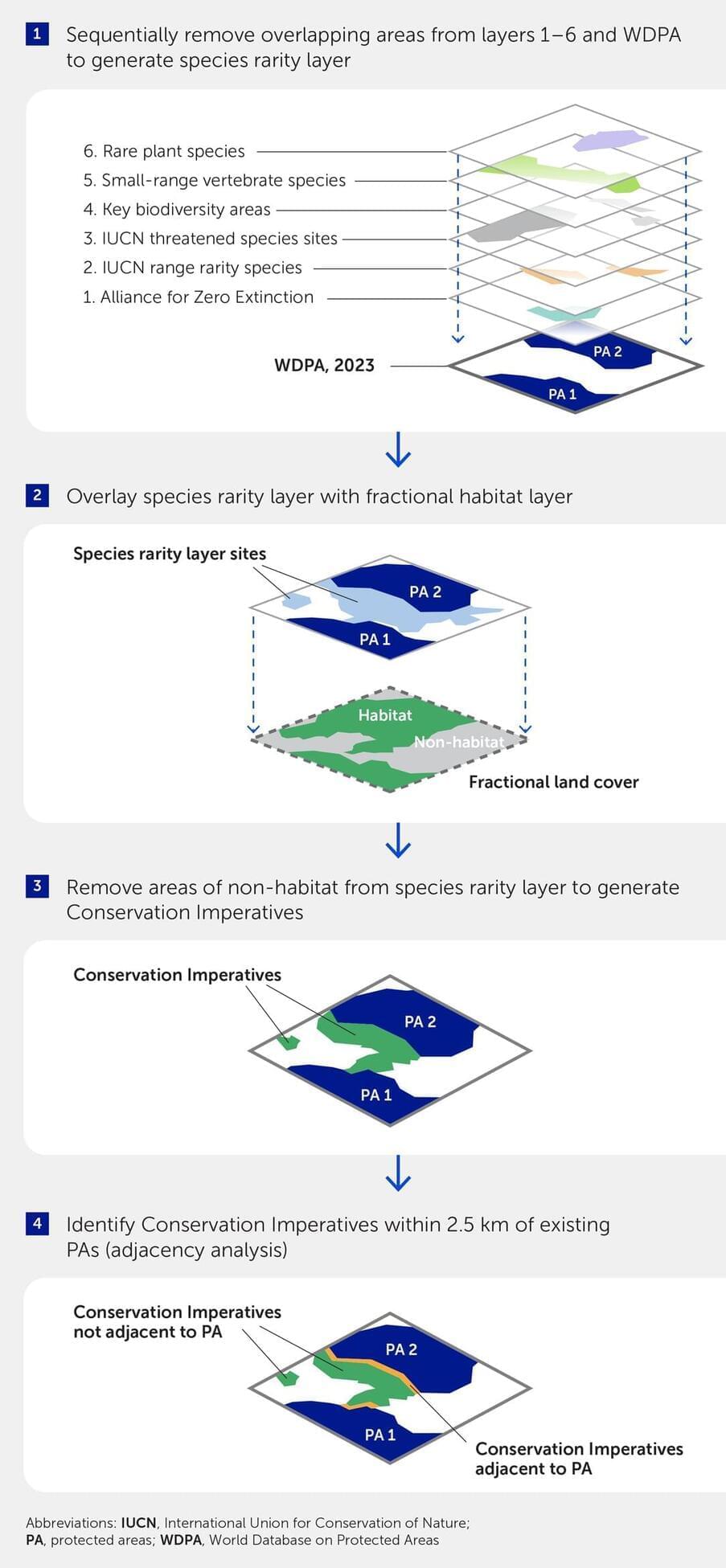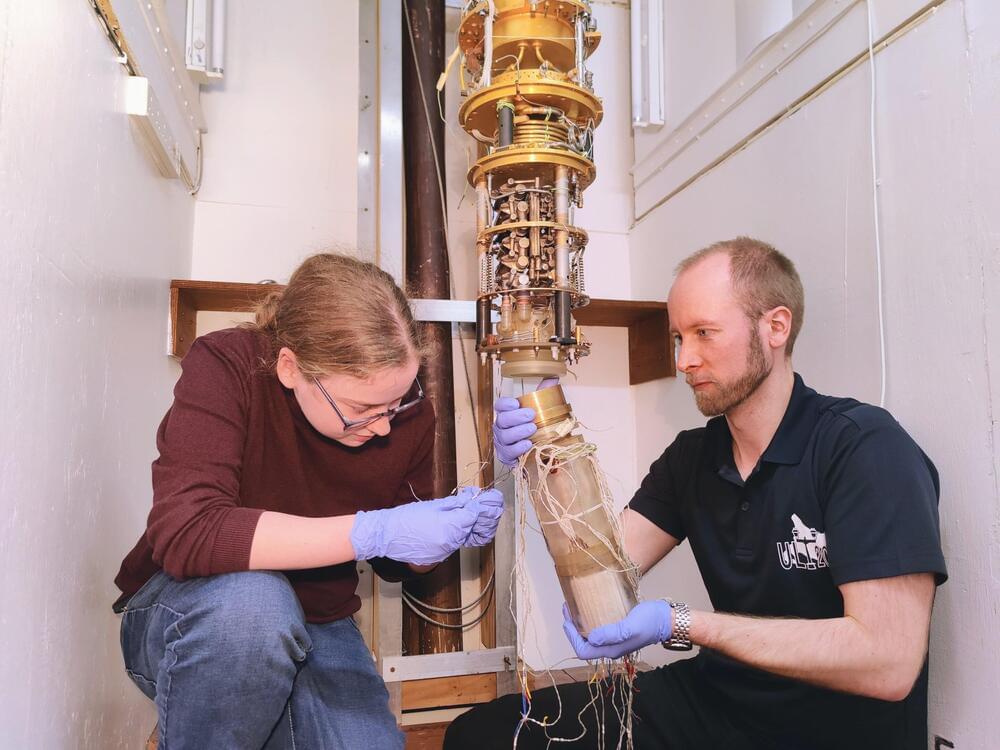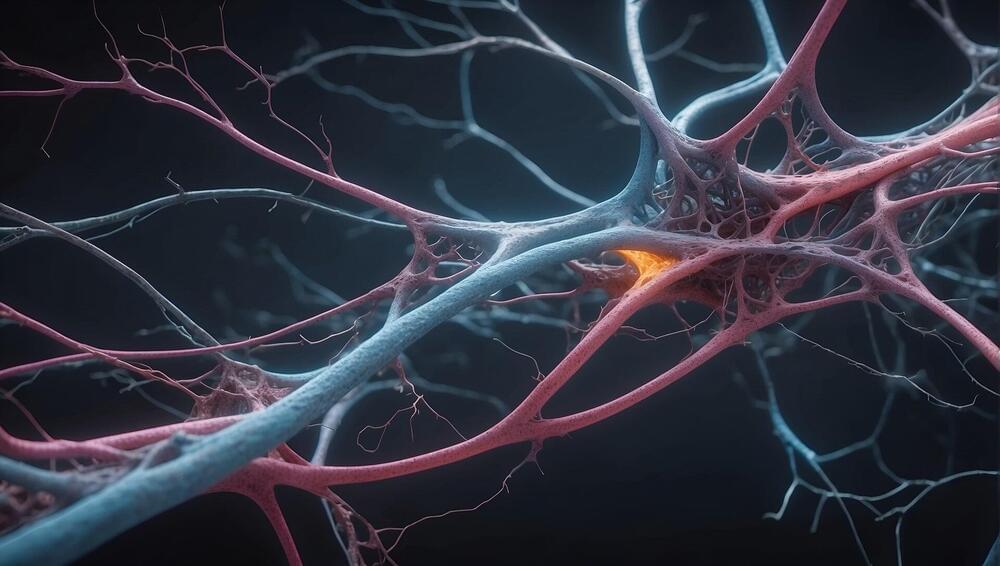To define areas that must be protected to prevent the most likely and imminent extinctions, we propose Conservation Imperatives—16,825 unprotected sites spanning ~164 Mha of the terrestrial realm that harbor rare and threatened species. We estimate that protecting the Conservation Imperatives would cost approximately US$169 billion (90% probability: US$146—US$228 billion). Globally, 38% of the 16,825 sites are either adjacent to or within 2.5 km of an existing protected area, potentially reducing land acquisition and management costs. These sites should be prioritized for conservation action over the next 5 years as part of a broader strategy to expand the global protected area network.









